The Future of Medicine: High-Impact Public Health Careers You Haven't Considered
When people picture careers in public health, roles like doctors, nurses, or epidemiologists often come to mind. Yet the future of medicine is filled with surprising paths that blend science, technology, advocacy, and compassion in ways we've only begun to imagine. As communities and health systems adapt to a rapidly changing world—from environmental crises to digital innovations—new opportunities are emerging for those who want to make a real difference. These high-impact careers aren’t confined to hospital halls or research labs; instead, they connect data with lived experience, empower local action, and use tech tools to bridge deep gaps in care. That's why we've expanded our list of public health careers you might not have considered but are poised to shape the coming decades. Ready to discover where you fit in the next wave of medicine?
1. Digital Health Specialist

Blending cutting-edge technology with compassionate care, digital health specialists are changing how we access health services. These professionals develop, manage, and optimize platforms for telemedicine, wearable devices, mobile health apps, and electronic medical records. Their skills create smoother, more personalized experiences for patients and providers alike. If you thrive at the intersection of health and IT, this path could suit you. Responsibilities often include overseeing patient portals, training staff on new health tools, and ensuring data flows securely between systems. A background in health sciences or IT—sometimes with added certifications in health informatics—opens the door. The rise of remote care means these jobs aren't limited to big cities, though tech hubs like San Francisco and New York remain at the forefront. As digital platforms become staples across clinics and hospitals, demand for this expertise keeps growing. The healthcare world is realizing that innovation doesn’t just happen in the lab; it happens whenever someone bridges the gap between care and convenience. With patients seeking more flexible options, digital health specialists are creating new ways for people to connect with support, no matter where life takes them.
2. Environmental Health Advocate

If you’ve ever worried about the air you breathe or the water that flows through your neighborhood, environmental health advocates share your drive. These professionals protect communities by identifying health risks linked to pollution, toxins, and changing climates. Their work can look like running public awareness campaigns, conducting environmental assessments, or shaping policies that keep people safe. A background in environmental science, public health, or even public policy is often helpful. Many advocates collaborate closely with government agencies, non-profits, and local leaders to push for safer living conditions. As climate change becomes an increasingly urgent concern, job opportunities are rising in cities and regions facing the brunt of its effects. This field rewards those who can translate scientific findings into real-world improvements while championing community needs. Being an environmental health advocate isn’t just about pointing out problems; it's about inspiring practical changes. If you’re passionate, persistent, and driven by a desire to leave your surroundings better than you found them, this path brings purpose and visible impact together in powerful ways.
3. Community Health Strategist
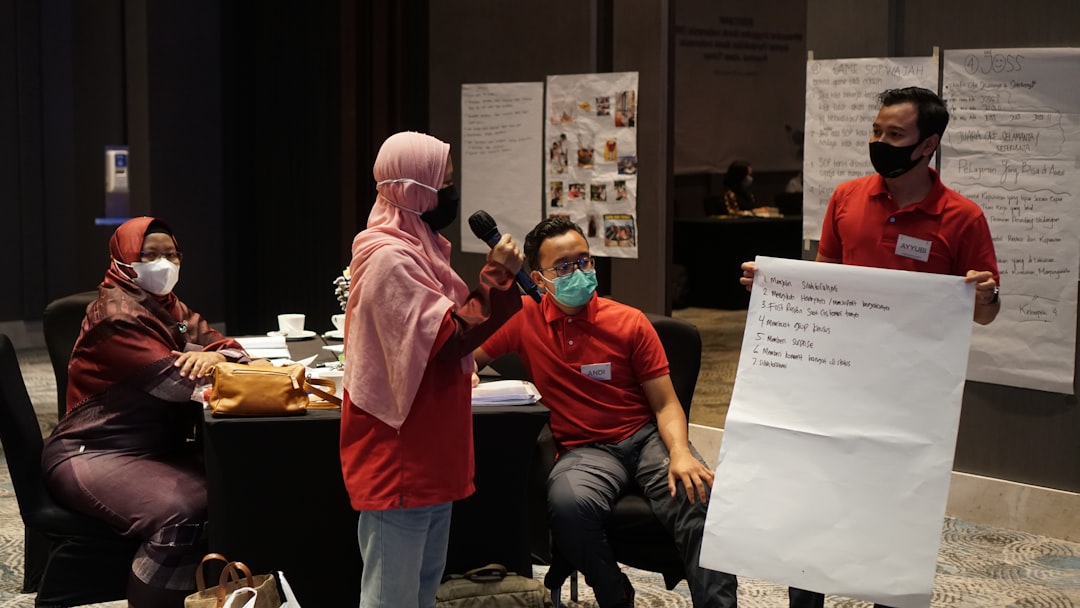
Change in public health often starts at a local level—and community health strategists are the catalysts. Focused on supporting neighborhoods facing barriers to good health, they design and implement programs that improve outcomes one relationship at a time. Whether organizing free vaccine clinics or helping families overcome cultural or language obstacles, their role is all about making public health personal. A degree in public health, social work, or community engagement can prepare you for this work. But the most vital skill is empathy: community health strategists listen first, then build trust, focusing on strengths rather than deficits. Demand is growing rapidly as health equity becomes a funding priority and systems commit to reaching underserved communities. Rural or urban, these professionals are at the heart of positive change where it matters most. Their approach is about more than data and metrics—it’s about real people, real stories, and practical solutions. If you enjoy connecting with others, organizing support, and guiding discovery, a career as a community health strategist offers deep-rooted satisfaction and significance.
4. Medical Data Analyst

Behind every major public health breakthrough, you'll find data—and medical data analysts are the translators who turn numbers into life-saving strategies. This career is perfect for those who love problem-solving and want to help shape big-picture decisions while working a step away from the spotlight. A strong background in data science, statistics, or health informatics provides a springboard. Analysts often crunch numbers from electronic health records, public surveys, or disease surveillance systems, then develop actionable reports for agencies or hospitals. With the explosion of digital health and precision medicine, demand for skilled analysts is rapidly increasing—especially in large health systems and government organizations. Medical data analysts are the detectives of health care, revealing patterns and predicting needs to guide proactive care. If you’re analytical, detail-oriented, and ready to help others make sense of complexity, this career lets you quietly impact thousands, one insight at a time.
5. Biopharmaceutical Manufacturing Engineer
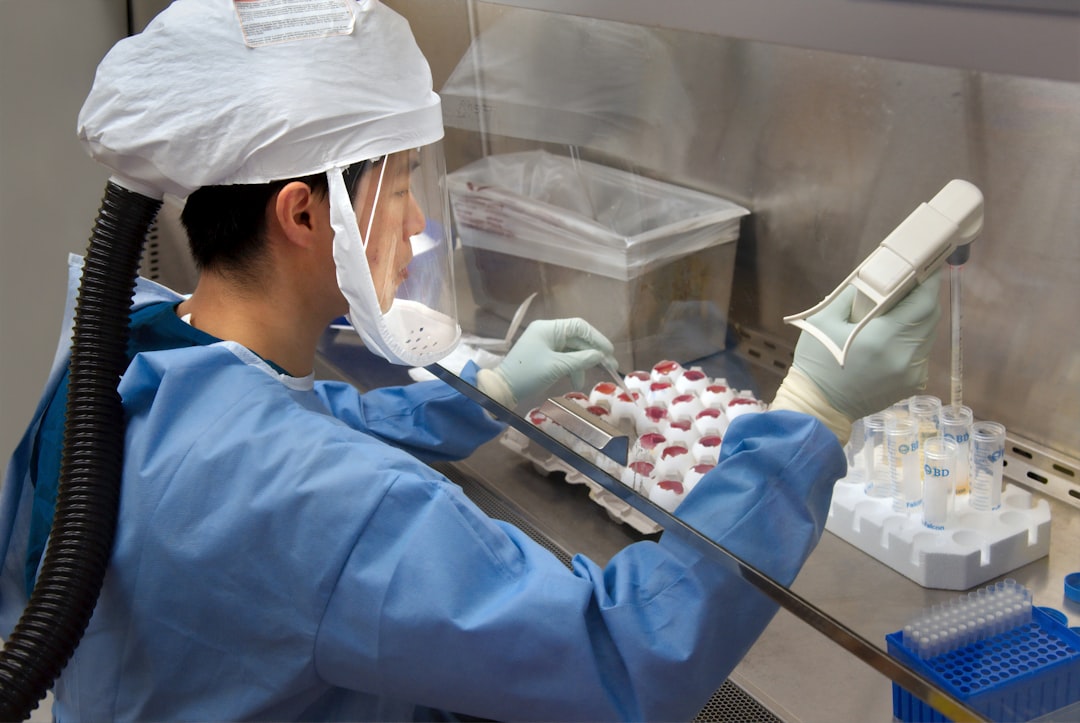
Creating vaccines and cutting-edge therapies requires more than scientific discovery—it demands precise, innovative manufacturing. Biopharmaceutical manufacturing engineers bridge the disciplines of biology and engineering, making it possible to deliver life-changing treatments safely and efficiently. A background in chemical engineering, bioengineering, or related fields is key. Engineers in this field design and monitor processes, troubleshoot production issues, and uphold stringent quality controls. The strongest job markets are thriving biotech regions like Boston, New York/New Jersey, and San Diego, where companies push forward on new therapies. With the rapid development of biologics and personalized treatments, opportunities are robust and growing. This is a field for meticulous problem-solvers who want to be hands-on in something bigger than themselves. Every successful vaccine or therapy that reaches a clinic is possible because engineers keep the promise of medical science real and reliable.
6. Regulatory Affairs Coordinator

The rules that govern health care aren’t just paperwork—they protect patients and ensure trust. Regulatory affairs coordinators are the navigators who help pharmaceutical, biotech, and medical device companies safely bring new innovations to market. Their work involves preparing and submitting complex documentation, tracking regulatory changes, and acting as a vital bridge to agencies like the FDA. A degree in life sciences, regulatory affairs, or law offers a solid start. Demand for this expertise is strongest in areas with a concentration of life sciences industries: DC-Baltimore, California, and New Jersey are well-known hubs. Guiding companies through an ever-changing regulatory landscape takes patience, collaboration, and great organization. For those motivated by details and wanting to champion safety and ethics in medicine, regulatory affairs are both crucial and rewarding.
7. Infection Prevention Specialist
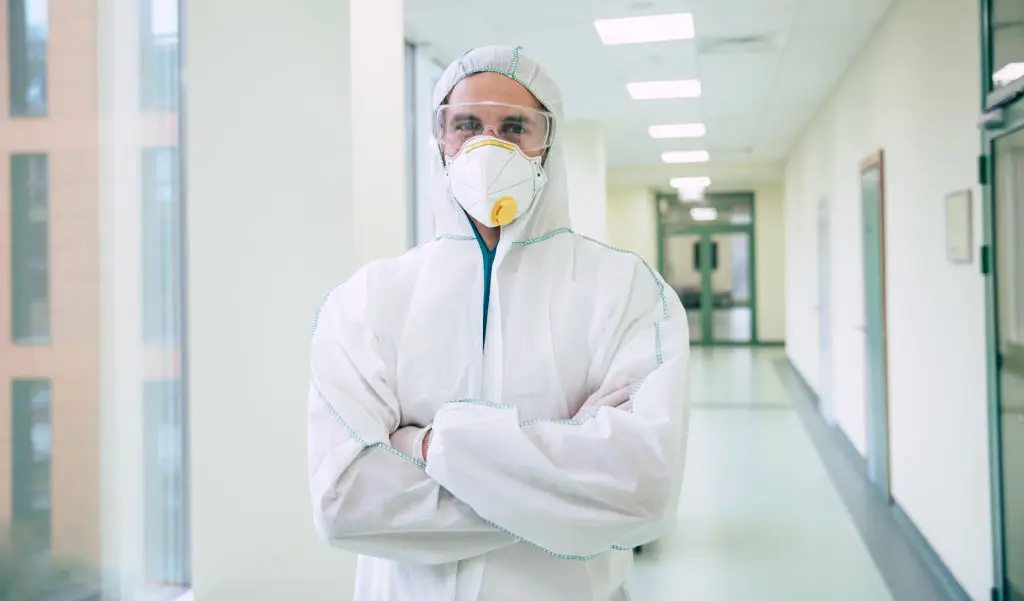
Keeping infections at bay is a challenge that never fades. Infection prevention specialists are on the front lines, developing protocols, leading education, and making sure hospitals and community settings are prepared for outbreaks—large or small. This vital role typically draws from backgrounds in nursing, public health, or epidemiology. Specialists track data from infections, recommend evidence-backed policies, and educate everyone from nurses to custodians on best safety practices. The pandemic brought renewed attention to this career, and health systems across the country now recognize its central importance. Urban centers and large hospitals offer the greatest opportunities, though community-focused roles are growing too. If you have a knack for organization and a passion for keeping people safe, infection prevention could be your calling. It’s about vigilance, ongoing learning, and the courage to guide others through uncertain times.
8. Health Communications Manager

A clear message can save lives. Health communications managers shape how information about everything from vaccines to disaster response is shared, understood, and trusted. They plan campaigns, manage crisis messaging, and translate scientific information into language everyone can act on. A degree in communications, public health, or media studies often lays the groundwork for this impactful career. These experts coordinate efforts among health departments, hospitals, and media organizations, crafting strategies to combat misinformation and foster community trust. With public health issues regularly in the spotlight, demand continues to grow for skilled communicators nationwide. If you enjoy connecting people and ideas, and want to make health news less confusing and more empowering, this path offers the chance to support well-being one well-chosen word at a time.
9. Clinical Trial Operations Lead
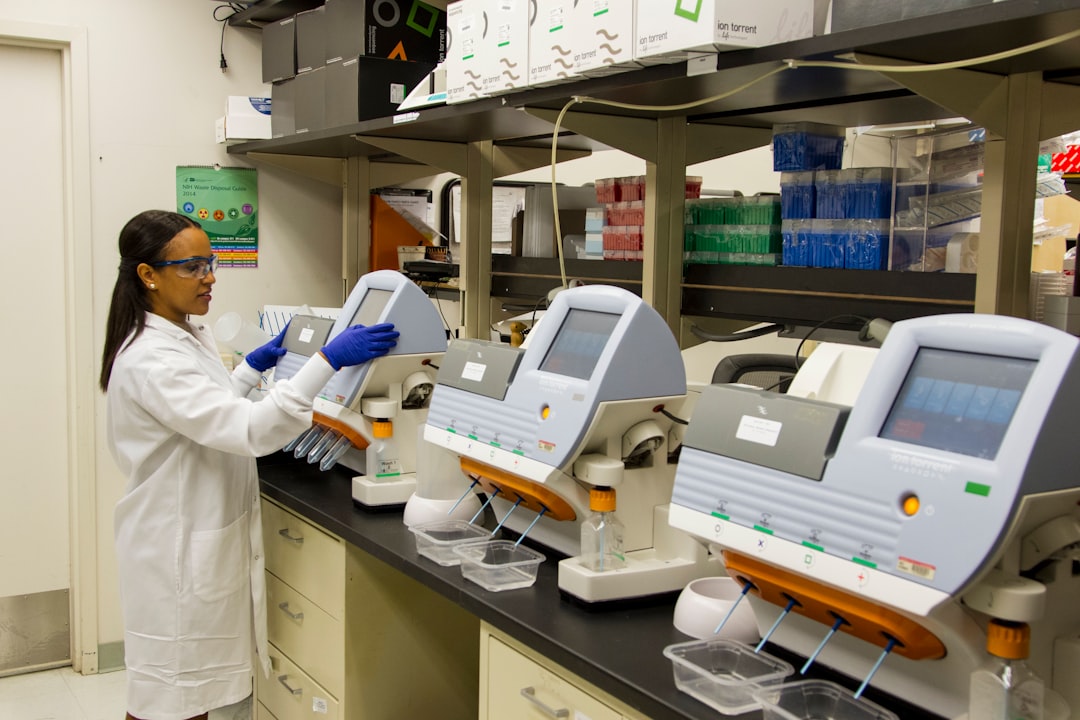
Before a new medicine can heal, it must be carefully tested. Clinical trial operations leads manage the complex projects that bring clinical research from idea to reality. This means overseeing protocols, supervising teams, ensuring data integrity, and navigating numerous regulations. A foundation in life sciences and strong project management abilities are must-haves. The fastest job growth is in research-heavy cities like Boston and San Diego, where biotech and pharma firms abound. With personalized medicine on the rise, clinical trials are multiplying—and so are roles for skilled leaders who can ensure everything runs smoothly. For those who are detail-oriented and thrive on collaboration, this role offers daily variety and the promise of seeing discoveries turn into next-generation cures.
10. Global Health Policy Advisor
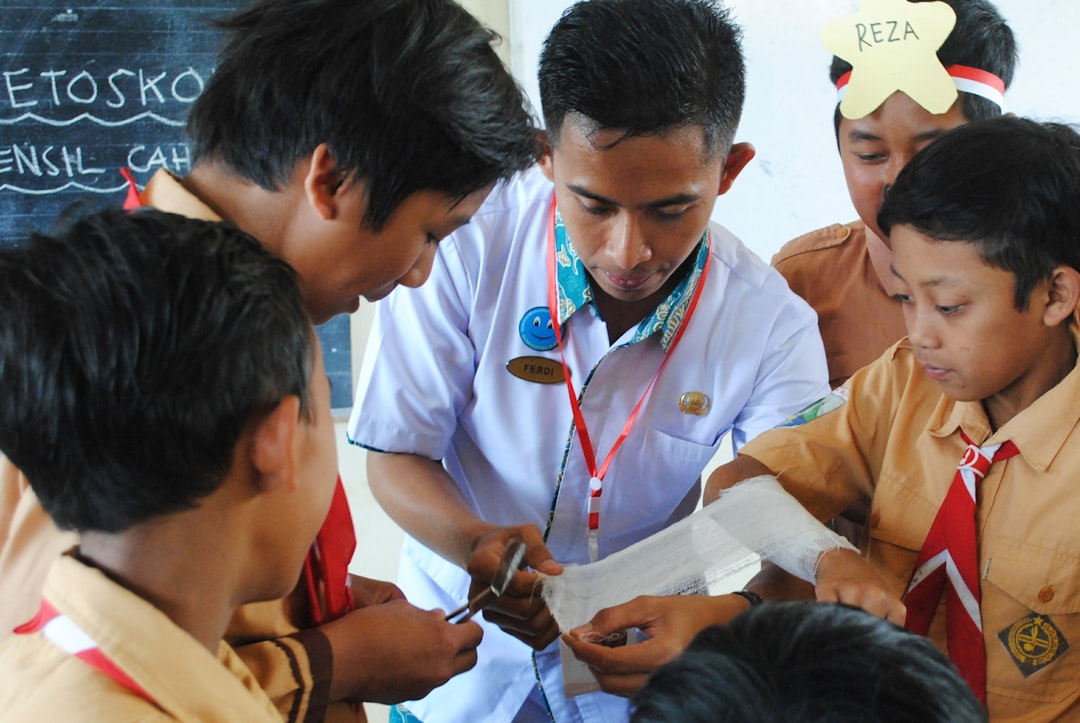
The policies shaped today can transform health—and futures—on a worldwide scale. Global health policy advisors provide the vision and guidance needed to steer governments, agencies, and organizations in tackling the biggest health challenges. Advisors often have graduate-level backgrounds in health policy, international relations, or public health. Their days include preparing policy briefs, reviewing global data, and making recommendations that balance science, economics, and ethics. The DC area and international HQs are typical bases, but remote connections mean advisors can contribute from most anywhere. As pandemics, climate changes, and migration drive global health concerns, this role’s influence is only set to grow. It’s a field for analytical thinkers with a big-picture view—those ready to connect dots across nations and make decisions that ripple far beyond their own communities.
11. Precision Medicine Coordinator
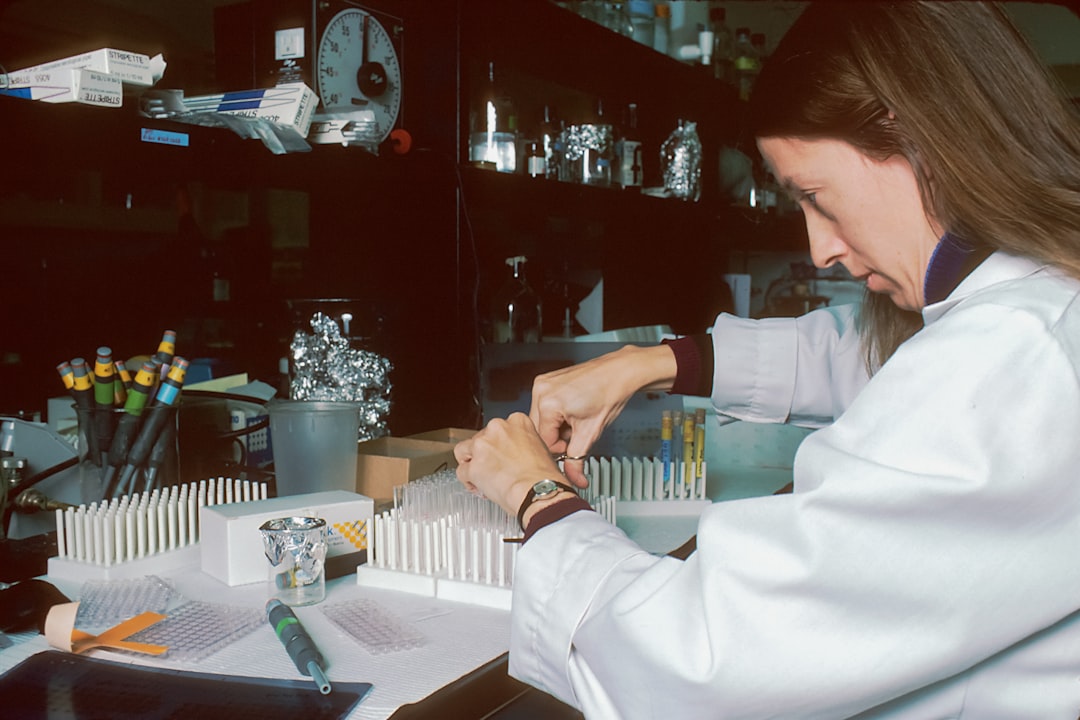
With genetic breakthroughs opening new possibilities, precision medicine coordinators help design personalized care that fits each individual’s biology. These experts organize screening programs, guide providers through ever-expanding genomic tools, and keep patient information integrated and up to date. A background in genetics, molecular biology, or clinical research is key, along with strong communication and coordination skills. Major academic hospitals and research centers drive the job market, but healthcare organizations nationwide are investing more in personalized health. If you’re fascinated by what’s next in medicine—and want to help others benefit from these advances—this career offers a unique way to combine science with service, all while shaping how the future of healthcare takes root right now.
12. Health Economist
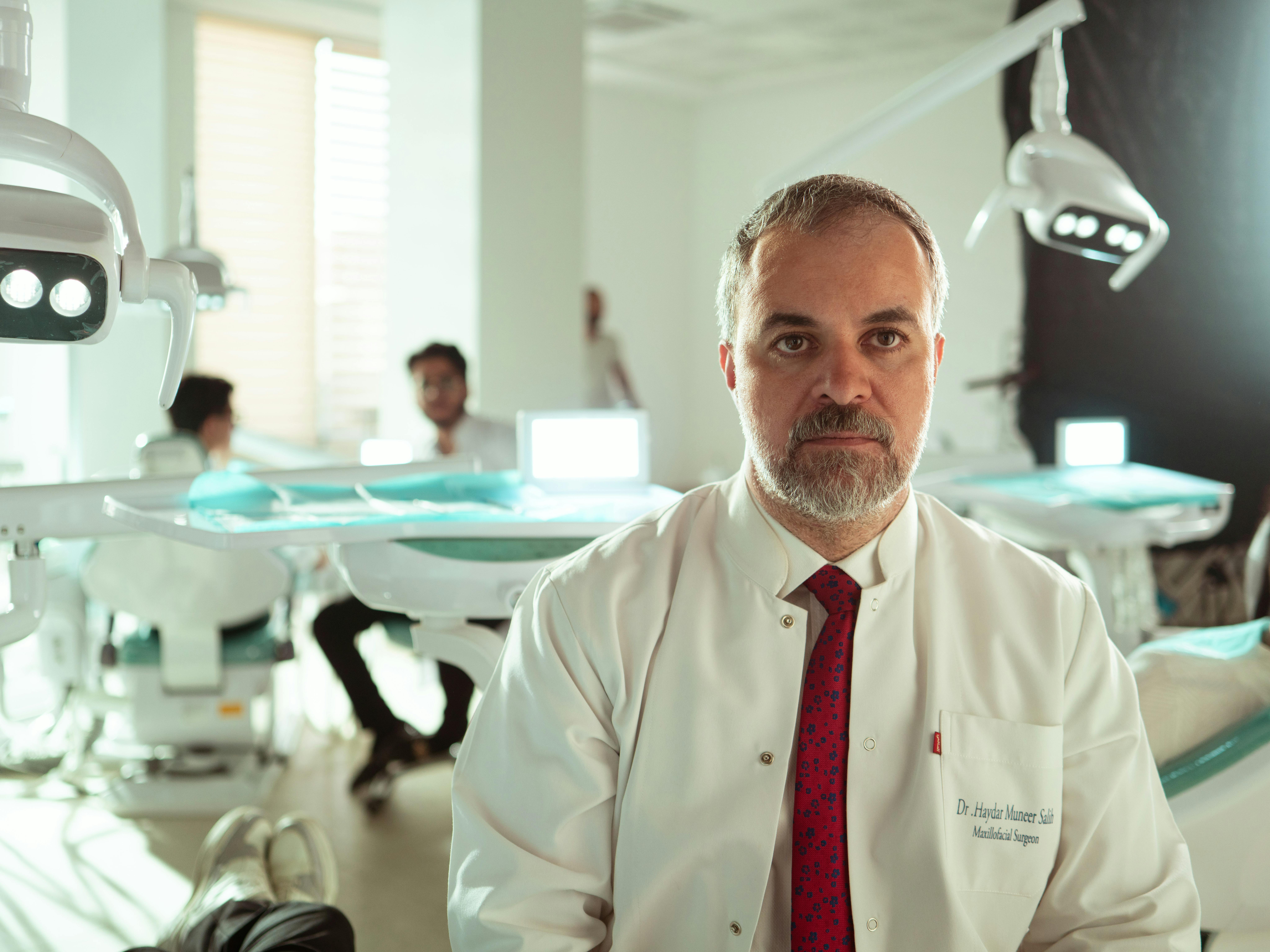
Every healthcare decision—from a new hospital program to a national vaccine policy—involves a financial tradeoff. Health economists are the professionals who analyze these complex choices. They use economic principles to evaluate the cost, effectiveness, and impact of public health interventions. A degree in economics, public policy, or health administration is the first step toward this high-impact career. Health economists provide vital insights to government agencies, insurance companies, and non-profits, helping to shape policies that are not only medically sound but also financially sustainable. It's a field for analytical minds who want to connect health outcomes with economic reality, making a difference on a grand scale.
13. Medical Illustrator

If you're an artist or a visual thinker, a career as a medical illustrator could be your perfect fit. These creative professionals translate complex scientific and medical concepts into clear, accurate visuals for textbooks, public health campaigns, and training materials. Their work brings anatomy, surgical procedures, and disease processes to life in a way that words alone cannot. A background in art, combined with a graduate degree in medical illustration, is the typical pathway. The demand for their skills is growing with the rise of digital media and animated content. Medical illustrators are essential communicators, helping to educate patients and train the next generation of doctors with clarity and precision.
14. Geriatric Care Manager

As the global population ages, the need for coordinated, compassionate care for seniors is skyrocketing. Geriatric care managers are the linchpins of this system, creating and overseeing personalized care plans for older adults. They work with families to navigate complex healthcare systems, manage a person’s medical needs, and ensure their living arrangements promote safety and well-being. A background in nursing, social work, or gerontology is a common starting point. Geriatric care managers provide a sense of stability and peace of mind, ensuring that our elders receive the dignity and quality of life they deserve.
15. Behavioral Health Researcher

Public health isn't just about pathogens and data; it's also about people's decisions and habits. Behavioral health researchers are the scientists who explore why people make the choices they do and how those behaviors impact their health. These professionals design studies and analyze data to understand a wide range of issues, from why people struggle with addiction to what motivates healthy eating. Their insights are crucial for creating more effective public health campaigns and interventions. A background in psychology, sociology, or public health is the first step. It's a career for those who want to use a scientific lens to understand the human side of health.
16. Rehabilitation Counselor

For those who have suffered an injury, illness, or have a chronic disability, a return to a fulfilling life can be a long journey. Rehabilitation counselors are the guides who help make that journey possible. These counselors create personalized plans to help individuals regain skills, find employment, and live more independently. They work in a variety of settings, from hospitals to community centers, acting as a crucial link between patients and social services, vocational training, and adaptive technologies. It is a deeply rewarding path for those who are passionate about helping people overcome physical and mental barriers.
Charting a Healthier Tomorrow: Your Role in Public Health’s Next Chapter

Whether your strengths lie in communicating clearly, analyzing complex trends, organizing communities, or harnessing powerful tech, the future of medicine welcomes you to bring your whole, authentic self to the table. There’s power and possibility in every small step toward healthier communities. If you’re searching for a way to make a lasting impact, these careers stand ready—with open doors, ongoing growth, and challenges that will reward your energy for years to come. The future is wide open; your next chapter in public health could help shape it for the better.
Powered by Froala Editor